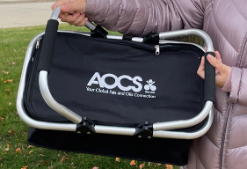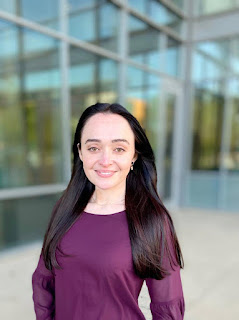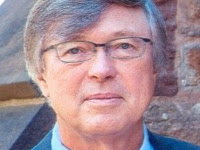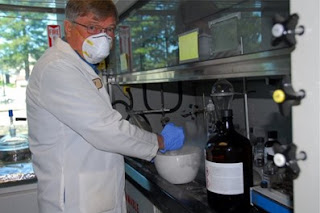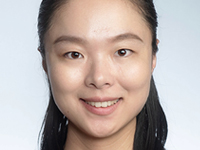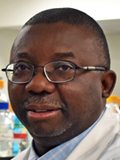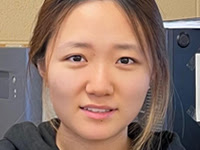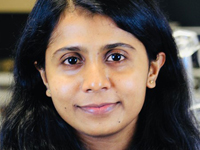Rotimi Aluko is a professor and Canada Research Chair (Tier 1) in bioactive peptides at the Department of Food and Human Nutritional Sciences, University of Manitoba, Winnipeg, where he also serves as director of the Richardson Centre for Functional Foods and Nutraceuticals.
He has over 20 years of work experience as an independent investigator with a focus on the structure-function properties of bioactive food proteins and peptides. In addition to over 257 peer-review journal article publications, he holds two patents on bioactive peptides, one of which was licensed to a Canadian nutraceutical company for the purpose of commercialization.
He is the recipient of the 2022 Protein and Co-Products (PCP) Division Lifetime Achievement Award. This award recognizes significant contributions to the advancement of protein and co-products through research and applications.
What does a typical day look like for you?
The first thing is to go through emails and respond to urgent messages. Then, I take care of administrative tasks in my position as director of the Richardson Centre for Functional Foods and Nutraceuticals. This is followed by a review of data and manuscripts sent to me by my students. In between all these tasks, I will take part in various meetings that could last 30 minutes to 2 hours. Finally, before I leave the office, I take a quick look and attend to some of my tasks as editor-in-chief for the Journal of Food Biochemistry.
What excites you the most about your present work?
The potential to discover new scientific information that could be useful in advancing our knowledge and understanding of food science and nutrition.
Share a turning point or defining moment of your career as a scientist.
Definitely, my decision to take up appointment as an assistant professor at the University of Manitoba. I had always wanted to explore various aspects of food chemistry and becoming an independent investigator afforded me this great opportunity.
Share an achievement or contribution that you are most proud of and Why?
In June 2021, I was awarded the prestigious Tier 1 Canada Research Chair in Bioactive peptides. The award speaks to the national and international recognition of my research program.
What are your thoughts on winning the PCP Division Lifetime Achievement Award?
I feel humbled and appreciative of this great honor to be recognized as having made significant contributions to the science and knowledge of food proteins. As a scientist, there is nothing more rewarding than to be recognized as playing a major role in knowledge creation. Therefore, I thank the award committee and AOCS for conferring this important recognition on me.
I am also grateful to have been blessed with a long list of excellent staff and students who actually performed all the nitty gritty aspects of research. In my opinion, this is a team effort, so I share this award with all research personnel who have passed through my lab over the past 25 years of my work as an independent researcher. With the excellence of the current crop of new and upcoming scientists, the future of protein research looks extremely bright, so I look forward to working with everyone to ensure that the PCP Division continues to excel in all its activities.
Why did you join AOCS? How has AOCS impacted your career?
I joined AOCS because in 1998, my research work focused on the structure and function of proteins from canola, a well-known oilseed. Therefore, I knew that AOCS was the best place to promote my research work, form the required professional network, and receive expert feedback from colleagues in such a manner that will greatly benefit my career as an independent researcher.
How do you relax after a hard day of work?
I watch sports on TV (mostly soccer, basketball, and football).
How do you involve your students in your research?
I give my students a wide latitude to design their experimental methods, and they are free to suggest innovative approaches (separate from mine) to answer research objectives.
What advice can you offer to AOCS student members?
Always be ready to learn from your failures. I always tell my students that research is different from pure analytical chemistry, so some experiments will fail. However, when you learn from such failures, you are bound to excel because you start to acquire and accumulate new research experiences that could lead to the discovery of new scientific information.
